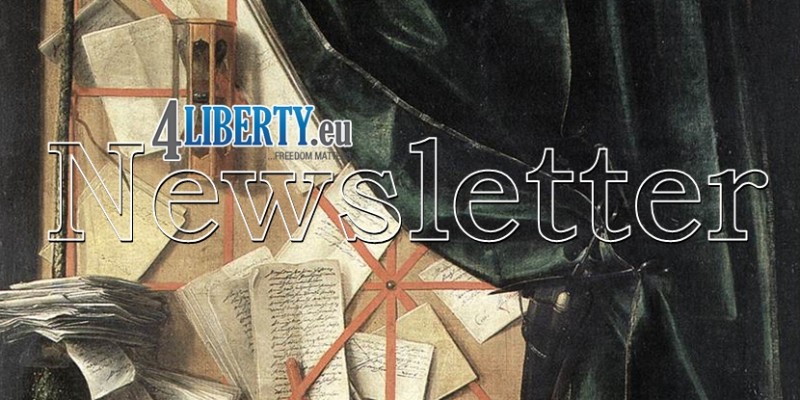Arrival of Uber, which provides a cheaper alternative compared to traditional taxi services, has stirred up a debate in Slovakia. The participants are two camps divided by two completely different points of view regarding the question what Uber represents.
Group of supporters regards Uber to be an innovation, which will not only strike at the heart of taxi service business, but will also change the nature of this business forever. People will have the need to move from point A to point B also in future, but this need will not be fulfilled by the traditional taxi drivers, because they will be replaced by different, cheaper service – such as Uber. The “creative destruction” mechanism has been observed across economy. Let’s look at the development of entertainment industry. If people had wanted to see a movie or a listen to music, they had had to go to a cinema or a concert. Through the use gramophones, cassette recorders and a VCRs, CD and DVD players, MP3 players in the past, we moved towards streaming of music and movies nowadays. Our need or desire to consume music and movies has not changed, but the form of consumption has. According to Uber’s fans, complaints against Uber vocally stated by taxi drivers are just an effort to obstruct progress, which is a cheaper alternative to consumers.
Group of critics of Uber points out that a lower price is not a result of innovation, but of avoiding regulations. If Uber drivers do not have to fulfill many legal duties, they can charge a lower price. Angry taxi drivers point out the long list of requirements which they have to meet, if they want to operate their business legally. They must have a license, a taximeter, a cash register, parking or garage place, pay taxes, insurance contributions, are bound by more technical inspections etc. The fact is that a successful business model should not be based on different business conditions. Besides Bratislava, Uber provides service at the more than 300 cities around the world. The rise of Uber was very fast, but it has to base its competitive advantage on something different than a regulatory loophole, unless it wants to face a fast failure.
Everywhere Uber arrived, it made a significant contribution to focus public debate on overregulation in the taxi business and Slovakia is not an exception. Slovakian public ranked the taxi driver regulation third in the F.A. Hayek Foundation’s Bureaucratic nonsense of the year survey. It would be a tragedy if the government and parliament responded to the somewhat justified taxi-drivers’ complaint by adding to the famous employment paragraph of the Labor Code an amendment regulation against Uber. Uber should not inspire politicians to set up new legal regulations; on the contrary, it should inspire them to ease taxi drivers of a burden of regulations, which they mindlessly raised on the taxi drivers over the years.
Translated by Milan Majtán
























